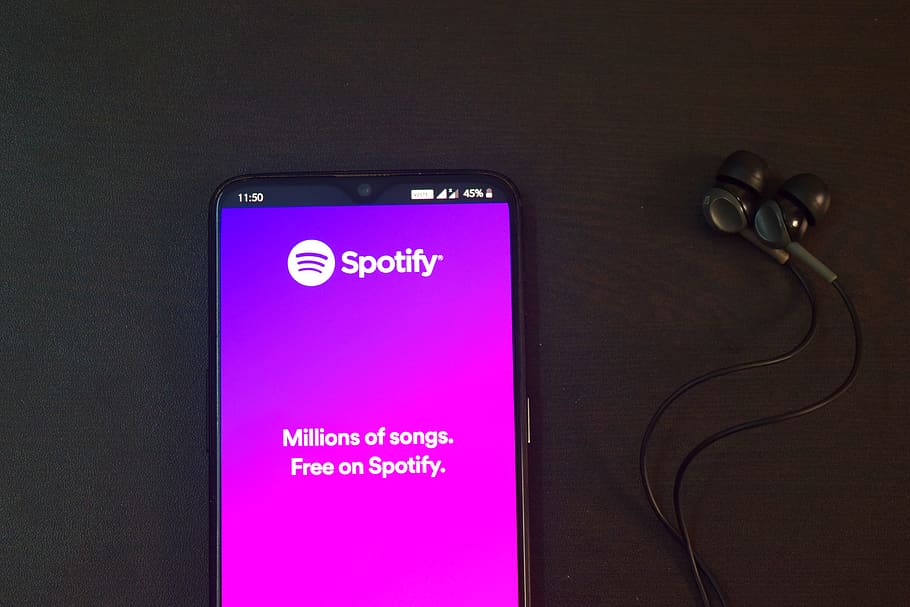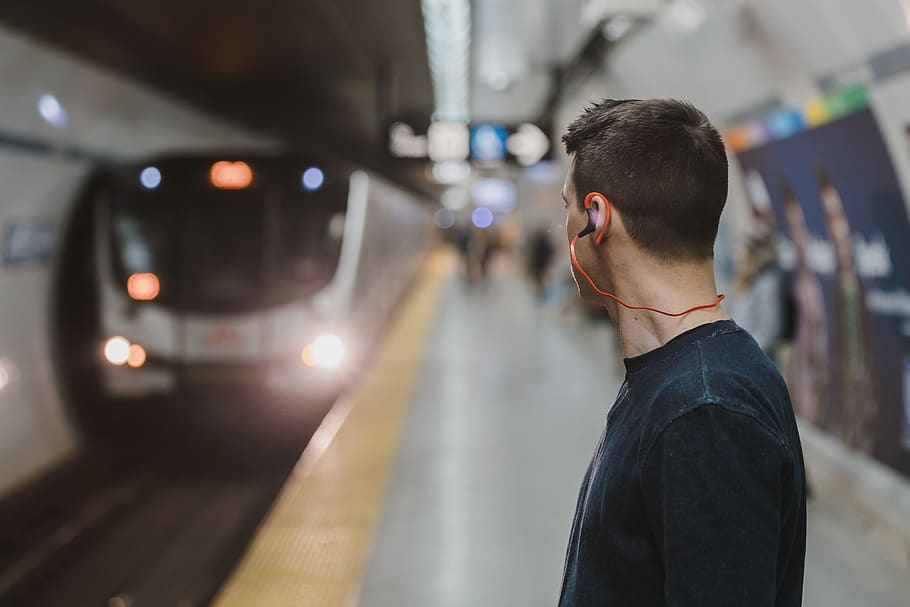In our contemporary society it appears that music is a permanent feature of our daily lives, as modern technology has made it effortless to consume music at any time of the day at any place (let’s face it, we have all tried to have a conversation with someone who apparently had EarPods in, haven’t we?). Nowadays we listen to approximately five hours of music per day (We Listen to Music For More Than 4 1/2 Hours A Day, Nielsen Says – Marketing Charts). Technology has developed rapidly over the past decades and the youngest generation probably does not even own a radio anymore, let alone that they know what a cassette-tape is. How has audio technology changed over time, and how has it influenced our daily lives?
Then and now
Nowadays people listen to music anywhere: at the gym, whilst driving, during study sessions, in public transport, even as during biking and walking. At the same time music is used everywhere as well: in shopping malls and stores, as well as customer service call lines and even in birthday cards. In the times of record players and radio’s, listening to music was something you enjoyed at home or in a theatre. Music was considered something more special and people took time to listen to it, rather than it being some background noise. Walkman and Discmans gave space to take music along with you, for example whilst travelling, or to listen to music without having to disturb anyone. Nevertheless cassette-tapes and CD’s still had to be bought and taken along. From the 2000s onwards illegal software such as LimeWire gave access to music more easily and could be put on MP3-players and smartphones. It made music easy to download and as our phones are always with us, we could listen to music anywhere. Nowadays, apps such as Spotify let listeners enjoy all sorts of music for a small fare, but furthermore it created a world where music was accessible for everyone around the world.

Do we have an addiction to music?
I personally thought it was quite astonishing that we listen to so much music daily. Only why do we spend so much of our time listening to music? Listening to music and the genre of music we listen to could have different benefits to our well-being. As research has shown, listening to music can boost our moods significantly. However, it can also increase our creativity, productivity and could reduce stress and anxiety, which is exactly what we as students need. So if you want to boost your study sessions, try to listen to some classical music to enhance your concentration or try to listen to some piano. There are several reasons music has such an influence on our well-being. First of all several elements of music, such as rhythm and pitch, can trigger emotions such as happiness or sadness. For example, fast music tends to make us feel excited, whereas slow music can make us feel sad. Next to this, we can adjust our music to our current life experiences. Listening to a sad song whilst dealing with a break-up could help you sort out your emotions and deal with them in a better way. Some people even listen to music in order to fall asleep better. Lastly, music can help making your mind empty, and some sounds can help you calm down. Listening to rain or ocean sounds tend to make people feel more relax. As you can see, people use music to deal with a variety of things in life!

A world without music?
Everyone has its own reasons to listen to music. I personally listen to music to dismiss noises while studying at university, I enjoy listening to music whilst biking, but I also listen to music after a long and tiring day. At which moment during the day you listen to music the most? I could personally never imagine a world without music. Nowadays we have gotten so used to having all these sounds around us, it must be a quiet world without it!
References
Inside Science. Alistair Jennings. 2017. Why does music make us emotional? | Inside Science
In the Loop. Craig Boyle. N.d. The Best Music For Studying | Open Colleges
North, Adrian C., David J. Hargreaves, and Susan A. O’Neill. “The importance of music to adolescents.” British journal of educational psychology 70.2 (2000): 255-272.



Recent Comments